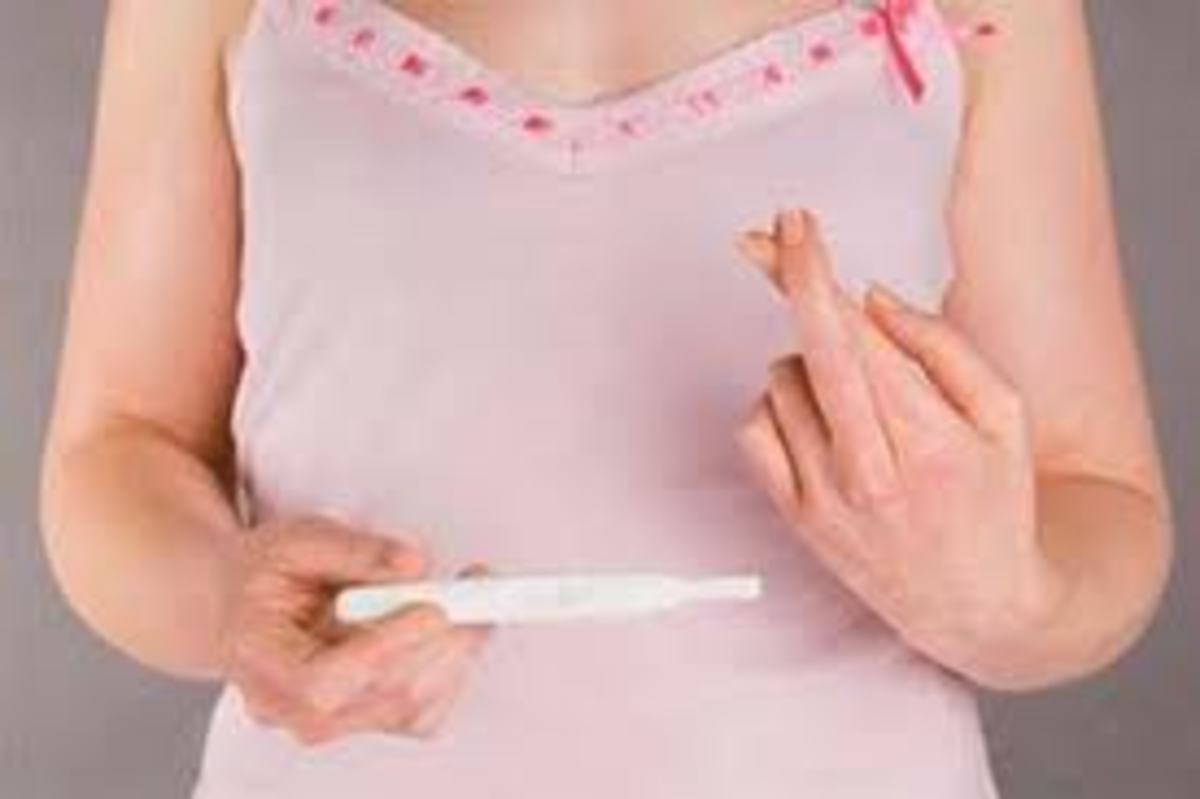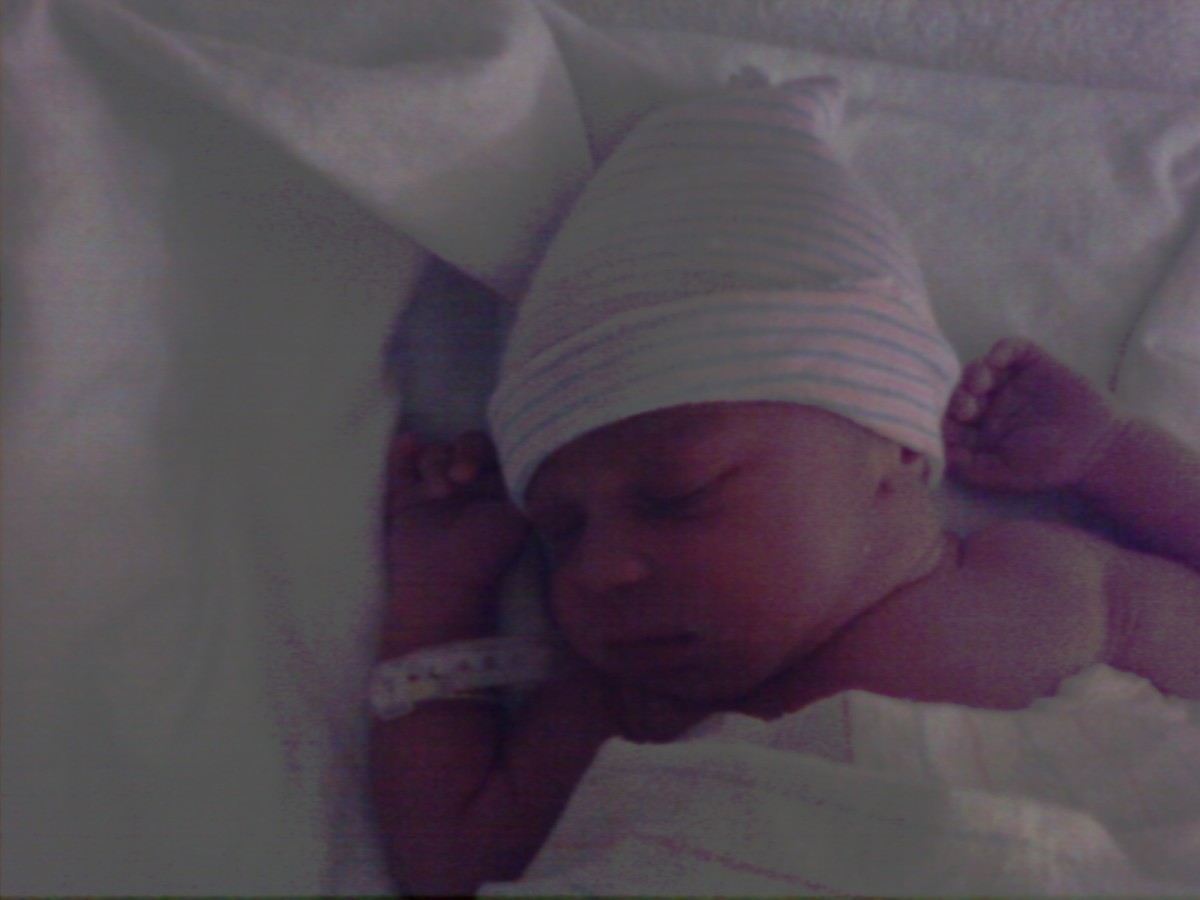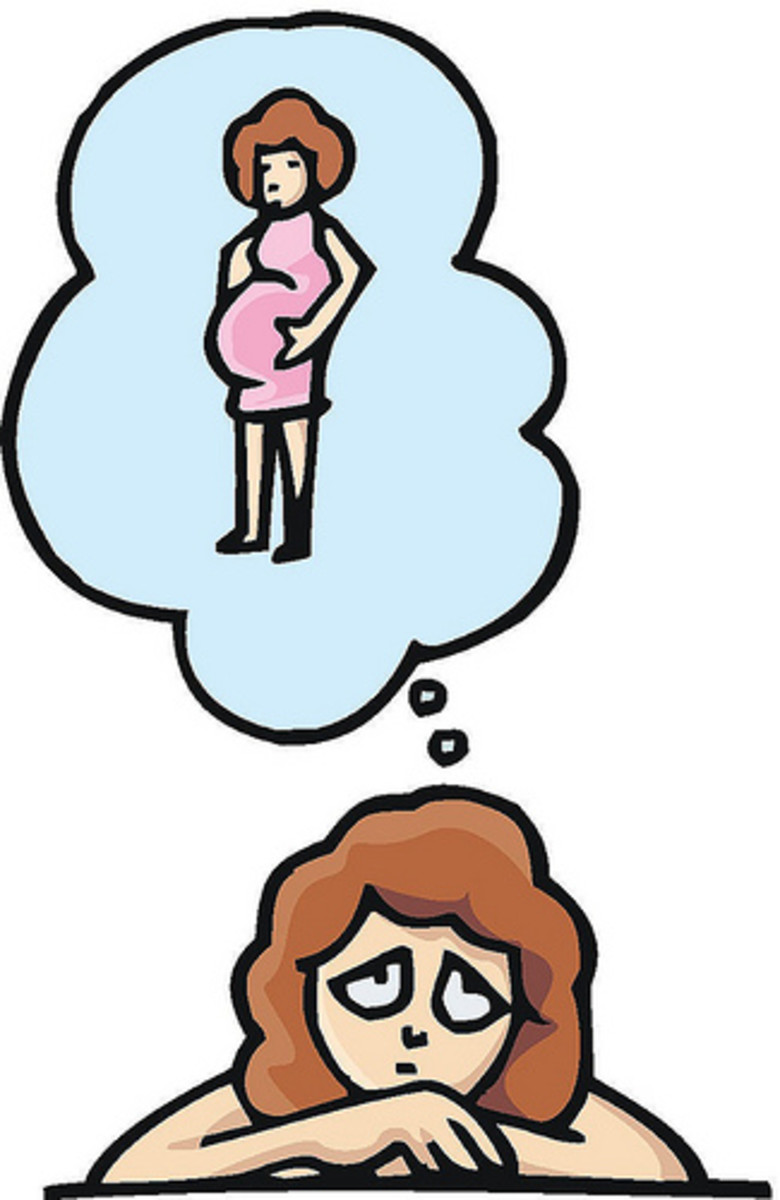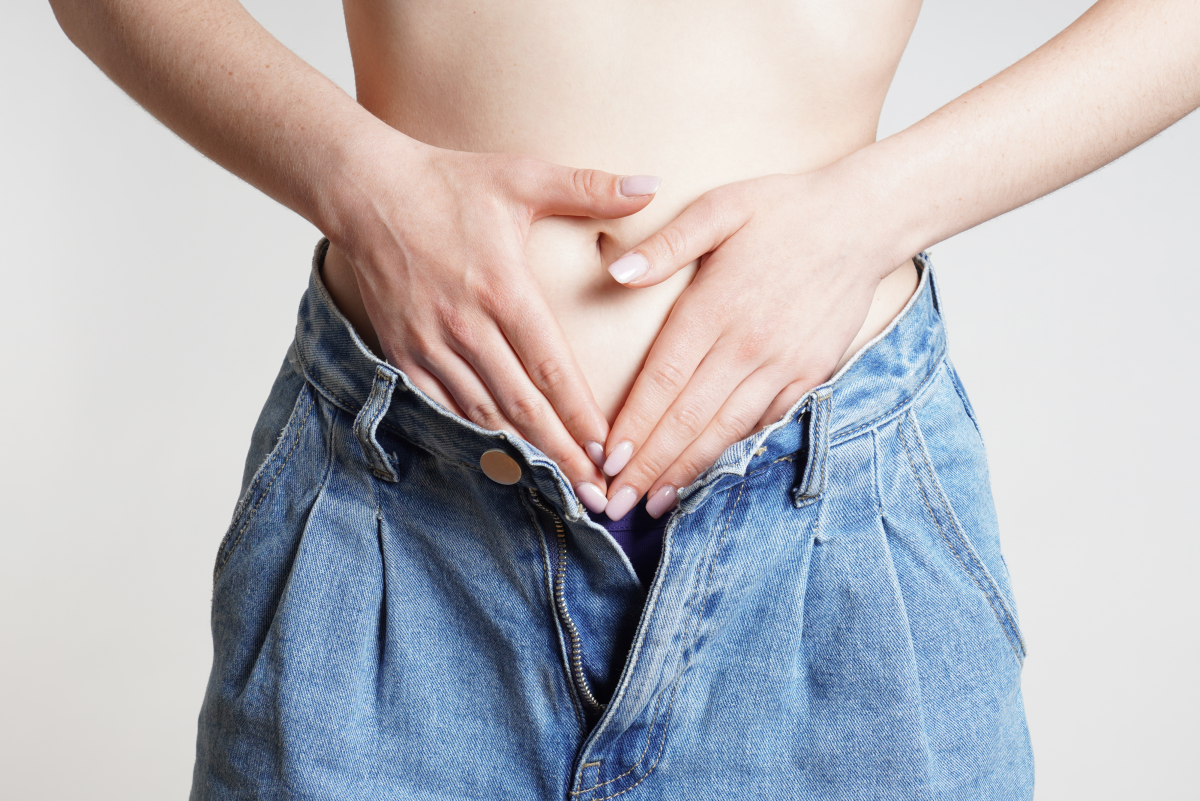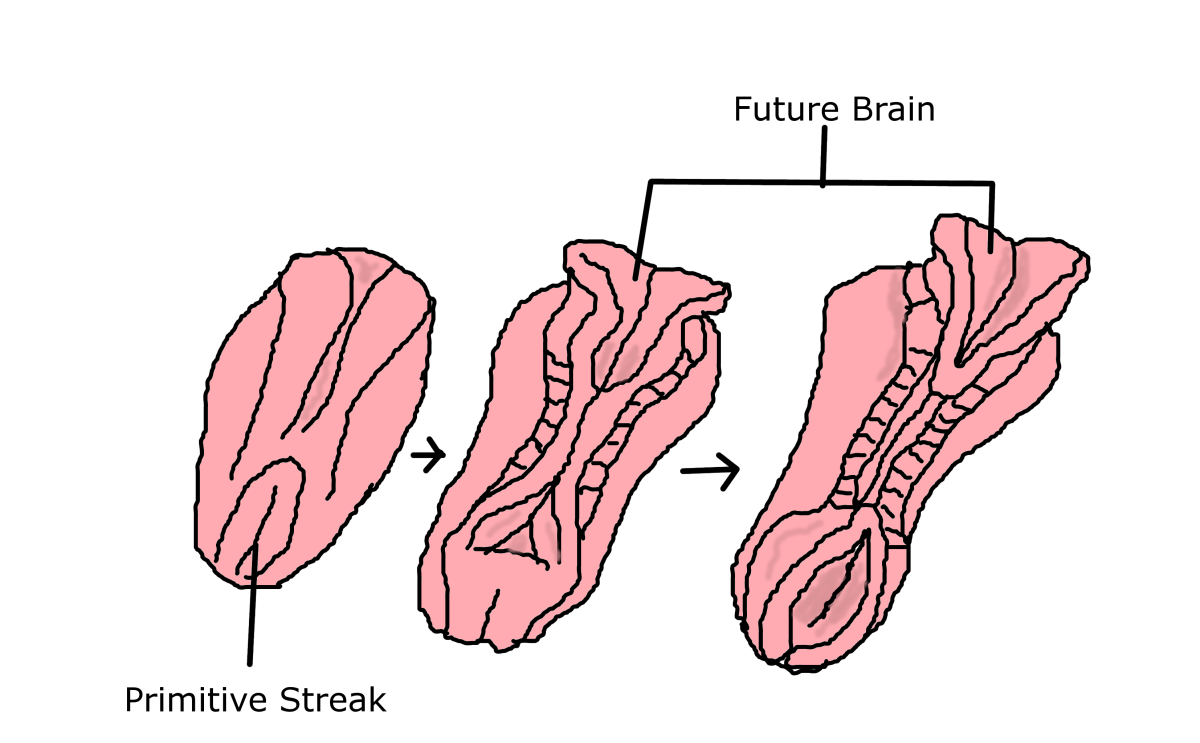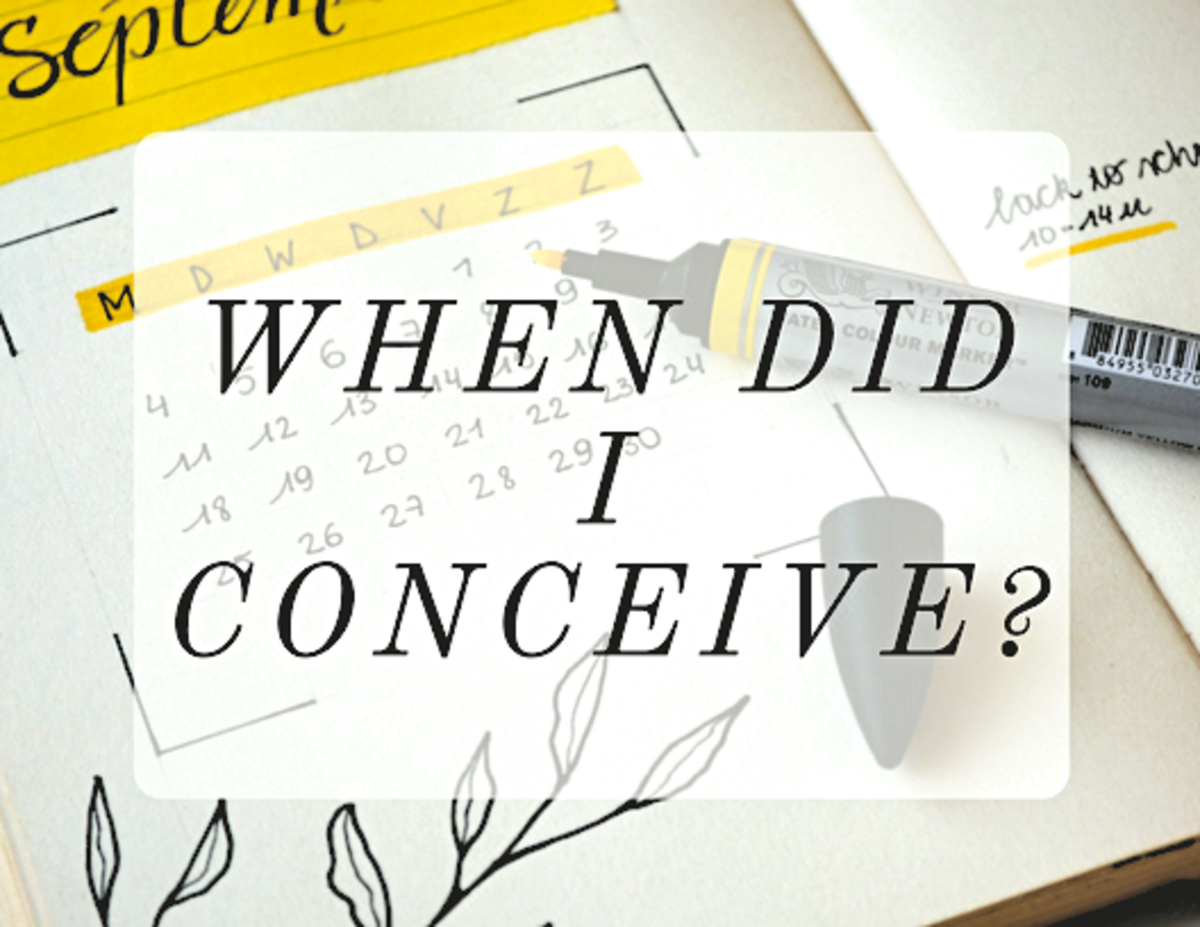- HubPages»
- Health»
- Women's Health»
- Pregnancy
Pregnancy - Age 20, 30 or 40
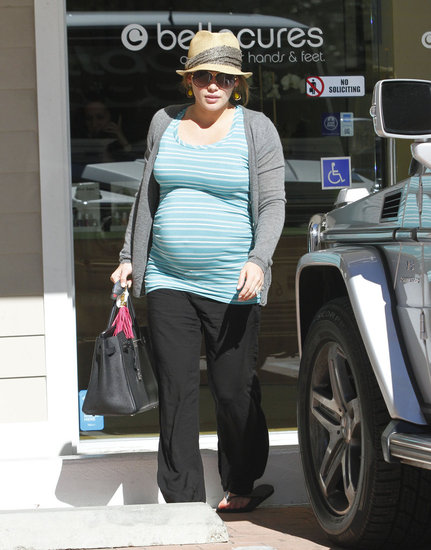
Pregnancy
What is the best age for a woman to consider pregnancy? Many woman wait until they are 30 because they think being a bit older and wiser is beneficial, and yet they still have the energy to keep up with a toddler.
Some women feel 40 is a great age, as they believe they have the maturity and experience to be an ideal mom. Others feel like being in your 20’s is ideal, as you have the energy and youth to keep up with that little one and those sleepless nights.
Pregnant in Your 20's
Two pregnant movie stars that are younger women are Kristin Cavallari, age 25, (and finance’ Jay Cutler) and Hillary Duff, age 24, (with hubby Michael Comrie) reflect the national average age for women to become first time mothers. Celebrities typically wait until they are at least 30.
Examples are Molly Sims, age 38, with hubby Scott Stuber. Beyonce, age 30, feels this is the perfect age, as she thinks she is young enough to deal with the lack of sleep but does not feel she missed out on all the fun of being carefree when you are in your 20’s. She recently had a baby girl on January 8th.
The attitude of many movie stars is focused on maintaining their bodies in excellent health. For instance, Hillary Duff has made a point of staying physically fit by working out with Piloxing sessions, which is a fitness program that includes Pilates, boxing and dance, but is ultimately a high-energy hour-long interval workout.
Another star who continues to prepare her body for labor is Lizzie McGuire. She believes is working the core muscles intact to have an easier delivery. Being physically fit is obviously healthier for the pregnant woman, as well as the baby.
"Getting pregnant in your 30s and 40s"
Becoming Pregnant - Fertility
Peak fertility for women begins at the age of 18, and women are the most fertile up until the age of about 25 when fertility starts to decline. The decline is gradual over the next 10 years, and at the age of 35 the process of losing fertility begins to speed up more rapidly. When women reaches the age of 40 she is exponentially more likely to have problems getting pregnant.
Approximately 2/3 of the women over 40 will have issues with infertility of some type. However, a woman can become pregnant until about the age of 50 or until the age she stops ovulating. Male fertility is generally high until they are near the end of their 30s, and by the age of 50 about 1/3 of man will experience a decrease in the amount or number of sperm produced. Still, 2/3 of men will not experience any loss or fertility until they are even much older.
Now we know physically when men and women are most fertile, there are certainly many other things to consider before having a baby. There are pluses and minuses at any age. Maturity can certainly be a factor, as well as, your marital status, your career status, whether you own or want to own a home and what is your personal desire for your lifestyle. A younger body in its 20's has an easier time with pregnancy as it can deal with the added load on the bones, the back and muscles during pregnancy.
Basically your body is in its prime condition when you're in your 20s. Furthermore, your parents are younger, so you will have more energetic grandparents that will often help with babysitting. The risk of complications is generally low when you're in your 20s also. If however, you have continued some bad habits from your teen years your baby may have a risk of lower birth weight.
The bad habits include smoking, drugs, poor nutrition and risky sex, which may have led to sexually transmitted diseases.
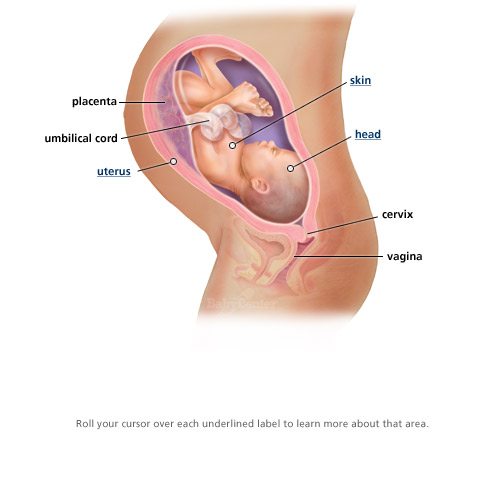
Pregnant in Your 30's
Many women in their 30's have already made great strides professionally and personally, which makes them more emotionally prepared for pregnancy. They are usually financially more secure, often married or in stable relationships. Typically, a woman is born with a half-million available eggs, which continue to mature as women age. Those eggs most sensitive to ripening are released first, which leaves the slower specimens as you get older,
Therefore, it may take three or four months to get pregnant when you're in your 30s. If you are healthy and do not have any chronic illnesses, you will probably feel fit and healthy, just as someone would that's in their 20s. If you have gained a lot of weight, have diabetes, high blood pressure, or other chronic illnesses, then the pregnancy will be a bit more complicated.
Even women who are in good physical condition starting at the age of 35 will have an increased risk for pregnancy-specific conditions, including gestational diabetes, and the odds of your having a baby with chromosomal problems such as Down syndrome increase.
Pregnancy after 40
Pregnancy in Your 40's
Medically speaking being in your 40s is the toughest decade for pregnancy. Conception is slower as at this point as you have already run through the highest quality of your eggs. The eggs that are present in your body during your 40s take longer to respond to the body’s cues for release and they don't function as well during fertilization, which further increases the risk of chromosomal abnormalities and miscarriage.
Even though it is more difficult to get pregnant, you are more likely to carry multiple even without medical intervention. It is probable that shifting hormone levels as you approach menopause may stimulate more than one egg inoculation. Miscarriages, C-sections, hypertension, and gestational diabetes are more common in this age range.
Pregnancies also exacerbate chronic conditions, such as stiff and sore joints or varicose veins. Often the metabolism is slower so greater weight gain may be a problem. There are some pluses as usually in your 40s you're more financially stable which may allow you to focus on motherhood without distractions. Generally, life experiences may have made you more flexible and patient which is always a plus when dealing with babies and toddlers. Women have often already proved themselves professionally and are more content to stay home or they may have more confidence about melding of career with motherhood. Women are typically more savvy and able to negotiate better terms for employment and ask for family-friendly workplace arrangements.
Best Pregnancy Time
When is the best time to have your first pregnancy?
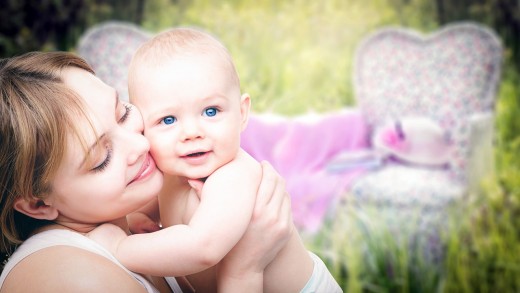
Physical Considerations Before Becoming Pregnant
There are several things you can do before getting pregnant and during your pregnancy for a successful outcome. First, get a complete physical and discuss any chronic medical conditions with your doctor.
Discuss medications with your doctor to determine if they need to be altered or discontinued. Your doctor will probably do routine blood work, however, It is a good idea to determine your immunity to childhood diseases such as rubella and get vaccinated if necessary.
Stop smoking and drinking. Evaluate any job-related hazards that could pose a risk. Prenatal vitamins are a necessity; start taking them at least three months before you plan to conceive.
Evaluate your eating habits and make simple changes, such as cutting back on fats and sweets. Keep caffeinated beverages to a minimum and drink a lot of liquid, at least eight glasses daily of water, juice, or milk. Follow the FDA daily guidelines for good nutrition.
If you are currently exercising check with your physician to make sure it is safe to continue. If you are not exercising, ask your physician if it is safe to begin exercises with low-impact activities, such as swimming or walking. Making sure you are in optimal physical condition will help ensure a healthy pregnancy.
In Conclusion
Obviously deciding when to have your first child is a big decision, but many people also have unplanned pregnancies. Adhere to the medical suggestions listed above for the healthiest pregnancy.
Regardless of whether your pregnancy is planned or not, most women are up to the task and adore their precious new baby.
This content is accurate and true to the best of the author’s knowledge and does not substitute for diagnosis, prognosis, treatment, prescription, and/or dietary advice from a licensed health professional. Drugs, supplements, and natural remedies may have dangerous side effects. If pregnant or nursing, consult with a qualified provider on an individual basis. Seek immediate help if you are experiencing a medical emergency.

